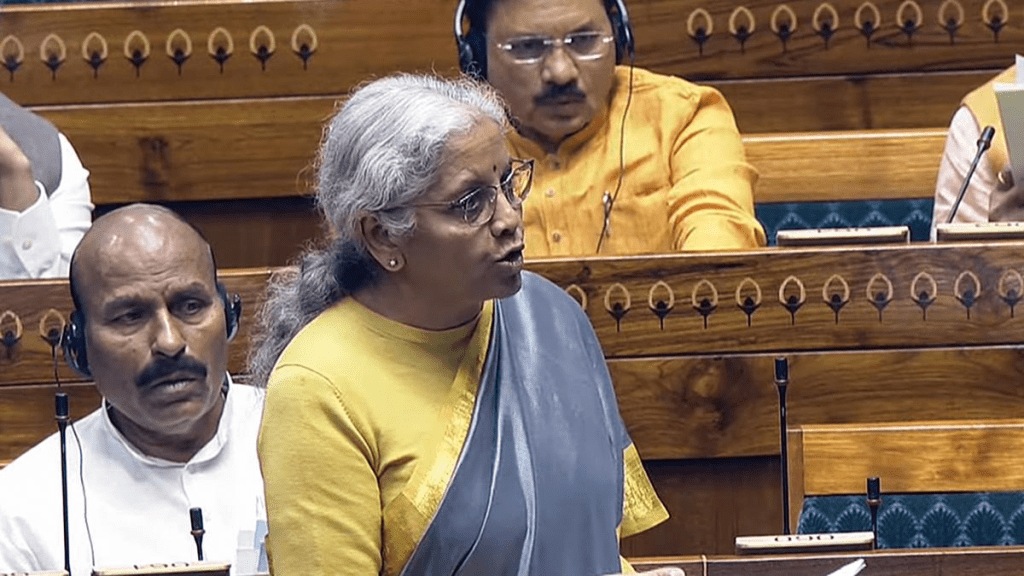The report of the parliamentary panel on the new Income-Tax Bill was presented in Lok Sabha on Monday. In its report, the panel has suggested important changes to tighten definitions, remove ambiguities, and align the new law with existing frameworks.
The panel examined the Income-tax Bill 2025, which seeks to simplify the language and structure of the Income Tax Act 1961 and submitted its report.
Income-Tax Bill 2025
The Income-Tax Bill, 2025, was tabled in Parliament in February and was referred to the Select Committee for a detailed examination. The Committee, in its 4,584-page report, identified several drafting corrections based on stakeholder suggestions, which they believe are essential for clarity and unambiguous interpretation of the new bill.
The parliamentary panel has made a total of 566 suggestions/recommendations in its report. To give significant relief to taxpayers, the committee has suggested changing the provision which disallows refunds if income tax returns are filed beyond the due date. The law should not compel a return merely to avoid penal provisions for non-filing.
The committee’s recommendations
The committee suggested removing the clause of the mandatory requirement of filing a return to claim a refund by small taxpayers whose income falls below the taxable threshold, but from whom tax has been deducted at source. Flexibility should be given to such taxpayers, and they should be allowed to claim a refund even in cases where the return is not filed in due time.
To give relief to property owners, the committee suggested that the standard 30 per cent deduction should be computed on the annual value of the property after deducting municipal taxes, and to ensure that the deduction for pre-construction interest should be given for let-out properties along with self-occupied ones, as given in the existing IT Act.
Other recommendations of the committee include aligning the definition of micro and small enterprises with the MSME Act.
For non-profit organisations, the committee asked for clarification over the terms ‘income’ vs ‘receipts’, anonymous donations, and the removal of the deemed application concept. The panel asked for these to be fixed to avoid legal disputes.
The report also recommended amendments in the bill for clarity on advance ruling fees, TDS on provident funds, low-tax certificates, and penalty powers.

